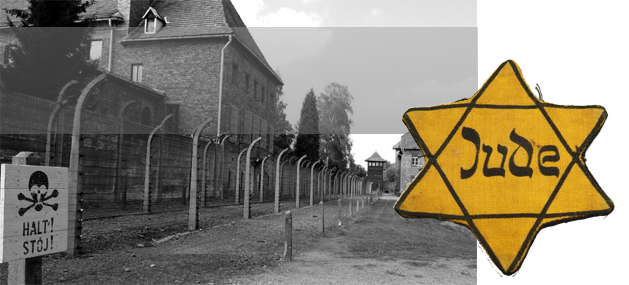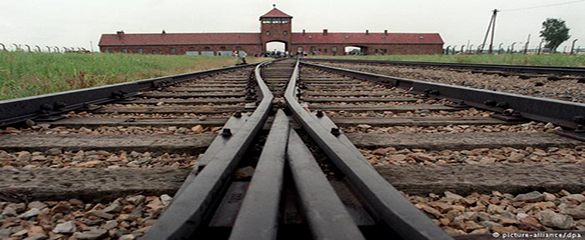Lessons From Auschwitz
Go to siteHolocaust Educational Site
Go to siteHolocaust Explained
Go to siteLearn More
Go to siteOur 4 Stage Approach
Stage 1 - The Orientation Seminar

The Orientation Seminar which is lead by a trained Holocaust Educator, sets the scene and prepares you for the actual visit to Auschwitz /Birkenau. It focuses on the victims’ lives before the war and students are encouraged to talk about their expectations and preconceptions about the visit to the camp and the potential impact that the visit may have on them. It is also a useful opportunity for students to get to know each other before they share what is a very moving and important life experience.
Stage 2 – Visit to Krakow

We will usually spend approximately 3 full days in Krakow. During these three days we will get to know Jewish Krakow, visit the camps and talk to a survivor.
Stage 3 – Follow-up Seminar

The Follow-up Seminar which is also lead by a trained Holocaust Educator, allows students to reflect on their experience and the impact it had on them. This is very important because quite often visitors to Auschwitz have a delayed reaction to the experience and many find it difficult to speak about it to people who have not been there. The seminar also focuses on the wider education of the Holocaust: genocide, racism, prejudice and bullying, both in schools and local communities.
Stage 4 - Next Steps

After the summer holidays, students will design and implement projects in their schools and communities aimed at sharing their experiences and disseminating the lessons they have learned. These can include school assemblies, displays and presentations. Previous participants have written articles for local magazines and newspapers, poems and songs. Many students choose to focus on contemporary lessons such as the celebration of diversity; highlighting issues such as racism and bullying in schools; current genocides around the world, active citizenship, and the dangers of being a bystander to prejudice. Click on the STUDENTS SHOWCASE link to see examples of what other students have contributed.








